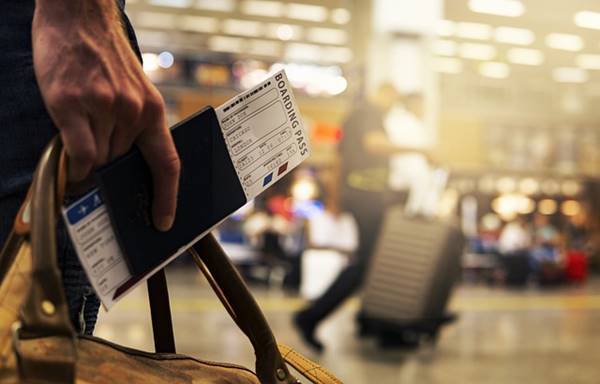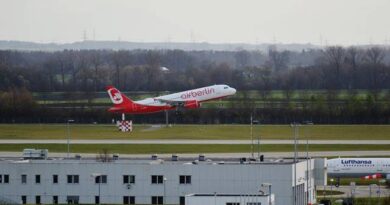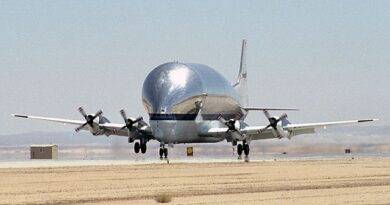The Impact of Remote Work Concept on Aviation: Analyzing Passenger Numbers
In recent years, the concept of remote work has gained significant popularity across various industries. With advancements in technology and the need for flexible working arrangements, many professionals have embraced remote work options. While this trend has brought about several positive changes, it has also had a profound effect on the aviation industry, specifically concerning passenger numbers. In this article, we will explore the influence of remote work on aviation, analyzing how it has impacted the number of passengers traveling by air.
Changing Work Patterns and Travel Habits
The rise of remote work has altered the traditional work patterns of professionals. With the freedom to work from anywhere, individuals no longer need to be physically present at their workplace. This shift has resulted in changes in travel habits, affecting the number of passengers in the aviation industry.
a. Reduced Business Travel: Remote work has significantly reduced the need for business travel. Meetings and conferences that previously required professionals to travel long distances can now be conducted through video conferences and virtual collaboration tools. This decline in corporate travel has had a direct impact on the number of passengers flying for business purposes.
b. Flexible Leisure Travel: Remote work has provided individuals with increased flexibility in managing their work-life balance. This newfound freedom has allowed people to take extended trips or work while traveling, blurring the lines between work and leisure. As a result, more individuals are choosing to travel for leisure, impacting the number of passengers in the aviation industry.

Regional Distribution of Remote Workers
The distribution of remote workers across different regions has influenced passenger numbers, both domestically and internationally.
a. Urban Concentration: Remote work has allowed individuals to choose where they want to live, regardless of their job location. This trend has led to a concentration of remote workers in urban areas, as these locations often offer better infrastructure, amenities, and a higher quality of life. Consequently, cities with a high concentration of remote workers may experience an increase in inbound and outbound passenger traffic.
b. Decreased Rural Travel: On the other hand, remote work has also contributed to a decrease in travel from rural areas. As professionals can work remotely, they may choose to avoid long commutes or relocations, reducing the number of passengers traveling from rural regions to urban centers for work.
Impact on Airline Demand and Route Planning
The changing landscape of remote work has prompted airlines to adapt their strategies to meet evolving passenger demands.
a. Shift in Demand: Airlines have had to reassess their route planning and flight schedules to align with changing demand patterns. With fewer business travelers, airlines may need to reduce the frequency of flights on specific routes or explore alternative destinations that cater to leisure travelers.
b. Emphasis on Connectivity: As remote work enables individuals to work from anywhere, airlines may focus on providing improved connectivity and inflight services to cater to the needs of remote workers who choose to travel while working.
Conclusion
The concept of remote work has had a profound impact on the aviation industry, reshaping travel habits and influencing passenger numbers. With reduced business travel, changing work patterns, and the regional distribution of remote workers, airlines have had to adapt their strategies to cater to evolving passenger demands. As remote work continues to gain traction, the aviation industry must continue to assess and adjust its operations to effectively serve this changing landscape.
Reference:
- “How Remote Work Is Changing The Aviation Industry,” Forbes, accessed June 28, 2023, Link.
- “The Remote Work Revolution: Implications for Business Travel,” Deloitte Insights, accessed July 13, 2023, Link.
- “The Future of Remote Work: How the Pandemic Has Shaped the Way We Work,” McKinsey & Company, accessed June 25, 2023, Link.
- “The Impact of Remote Work on Business Travel,” American Express Global Business Travel, accessed July 12, 2023, Link.
- “How Remote Work Is Changing the Way We Travel,” CNN Travel, accessed June 20, 2023, Link.



